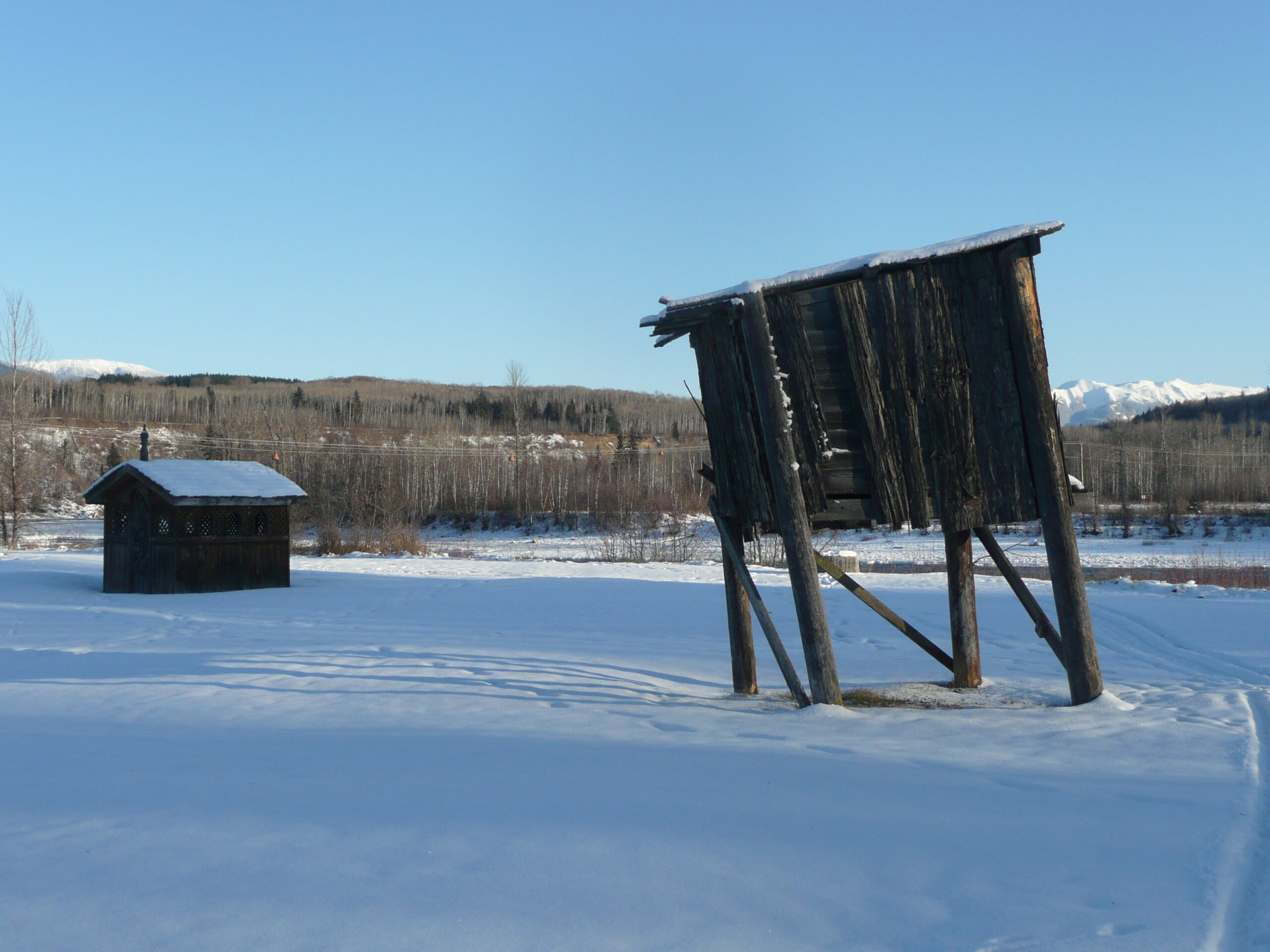On February 14, 2017, Justice Belobaba of the Ontario Superior Court of Justice released his summary judgment reasons in the Sixties Scoop class action initiated in Ontario. The class action brought on behalf of Sixties Scoop survivors alleged that Canada breached fiduciary and common law duties when it devolved its responsibility over Indian child welfare services to Ontario in 1965 without taking reasonable steps to prevent the loss of their Indigenous culture and identity. In his decision, Justice Belobaba found that Canada had breached a common law duty (but not fiduciary duty) to the Sixties Scoop survivors.

Photo credit: Doane Gregory
This ruling is a major victory for Sixties Scoop survivors in Ontario and across Canada who continue to seek justice and restitution for the great harm that was done by destructive provincial child welfare policies. The ruling comes after 8 years of protracted legal proceedings which saw Canada try to prevent the hearing of the class action on several occasions through various motions, appeals and 11th hour settlement offers. The class action may now proceed to the next phase where the damages Canada is liable for as a result of the breach will be determined.
I. BACKGROUND
The Sixties Scoop is a term that refers to a particular phase within a larger history of the apprehension and removal of Indigenous children in Canada. While the practice of removing Indigenous children from their families and into State care was widespread before the 1960’s with the residential school system, the drastic overrepresentation of Indigenous children in provincial child welfare systems accelerated in the 1960’s when Indigenous children were removed from their families and communities and placed in non-Indigenous foster and adoptive homes.
As summarized by Justice Belobaba in his decision:
[6] There is also no dispute about the fact that great harm was done. The “scooped” children lost contact with their families. They lost their aboriginal language, culture and identity. Neither the children nor their foster or adoptive parents were given information about the children’s aboriginal heritage or about the various educational and other benefits that they were entitled to receive. The removed children vanished “with scarcely a trace.” As a former Chief of the Chippewas Nawash put it: “[i]t was a tragedy. They just disappeared.”
[7] The impact on the removed aboriginal children has been described as “horrendous, destructive, devastating and tragic.” The uncontroverted evidence of the plaintiff’s experts is that the loss of their aboriginal identity left the children fundamentally disoriented, with a reduced ability to lead healthy and fulfilling lives. The loss of aboriginal identity resulted in psychiatric disorders, substance abuse, unemployment, violence and numerous suicides. Some researchers argue that the Sixties Scoop was even “more harmful than the residential schools”.
This class action was brought on behalf of the estimated 16,000 Sixties Scoop survivors in Ontario who are seeking redress for the loss of their Indigenous culture and identity as a result of the Ontario’s historic child welfare policies that lead to wide spread removal of Indigenous children and placement into non-Indigenous foster and adoptive homes from 1965-1984.
The class action was brought against Canada and not Ontario. Under the terms of the Canada-Ontario Welfare Services Agreement entered into on December 1, 1965 (the “1965 Agreement”), Canada delegated its legislative authority on Indian child welfare and provided funding to Ontario to extend the Province’s child welfare regime on-reserve. The Sixties Scoop survivors argued that Canada breached fiduciary and common law duties by failing to take reasonable steps to prevent their loss of Indigenous culture and identity in the implementation of the 1965 Agreement.

Photo credit: Gordon Lyall
II. DECISION
Justice Belobaba was asked to answer, in relation to the 1965 Agreement, (1) whether Canada had fiduciary or common law duties to prevent the loss of the Sixties Scoop survivors’ Indigenous culture and identity, and if so, (2) did Canada breach those duties.
On the first question, Justice Belobaba found that Canada had owed a common law duty of care but not a fiduciary duty. On the second question, Justice Belobaba found that Canada did breach its common law duty of care.
In answering both questions, Justice Belobaba relied primarily on a provision of the 1965 Agreement which set out that “No provincial welfare program shall be extended to any Indian Band in the Province unless that Band has been consulted by Canada or jointly by Canada and by Ontario and has signified its concurrence.” Justice Belobaba was provided no evidence from Canada that any such consultation ever took place. Canada argued that nothing may have changed even if Indigenous people had been properly consulted and that Canada’s actions were in keeping with the standards of the day. Justice Belobaba rejected Canada’s arguments and accepted the evidence of former Indigenous leaders from Ontario that they would have suggested measures to help prevent the loss of Indigenous identity such as educating foster and adoptive parents about the relevant cultural information and providing them with information about the Indigenous child’s entitlement to various federal benefits and payments.
On the basis of its breach of the consultation provision of the 1965 Agreement, Justice Belobaba found Canada owed and breached a common law duty of care to take steps to prevent Indigenous children who were placed in the care of non-Indigenous foster or adoptive homes from losing their Indigenous culture and identity. With respect to the question of whether a fiduciary duty was owed, Justice Belobaba reasoned that while the lack of consultation resulted in great harm to culture and identity the evidence did not disclose that Canada had assumed a sufficient amount of discretionary control over the identity and culture of Sixties Scoop survivors that is required before a fiduciary duty can be imposed in law.
III. POTENTIAL IMPLICATIONS
This decision provides a pathway for justice and restitution for Sixties Scoop survivors in Ontario and across Canada. While Canada has indicated its intention not to appeal the decision, it is possible that it may still choose to take a narrow reading of the decision in order to limit its implications to the class of Sixties Scoop survivors in Ontario affected by the 1965 Agreement. However, in this era of Truth and Reconciliation, Justice Belobaba’s decision provides greater impetus for Canada to answer to the numerous Sixties Scoop class actions in other jurisdictions and provide fair redress to thousands of others Sixties Scoop survivors still seeking justice and restitution.
Finally, if further litigation is required it may be that Canada will be held liable for breach of fiduciary duty if the evidence in another case meets the test. The Court had earlier held that ‘culture and identity’ is a specific cognizable interest that may give rise to a fiduciary duty.
This case summary provides our general comments on the case discussed and should not be relied on as legal advice. If you have any questions about this case or any similar issue, please contact any of our lawyers.
See CanLII for the Reasons for Judgement.